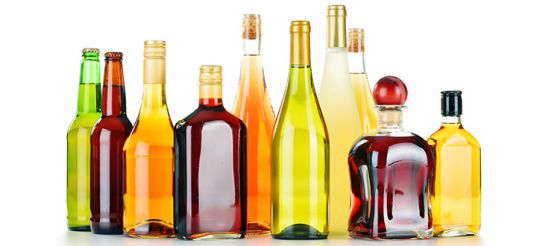Energy labelling for alcoholic beverages in New Zealand (phase 1): Consumer perceptions
This qualitative research provides insight into consumers’ awareness of, and views around, energy (kilojoules/calories) labelling on alcoholic beverages.
Focus groups were used to explore consumers’ awareness of energy in alcoholic beverages, their views on energy labelling on alcoholic beverages and the effects of different types of energy labelling on their likelihood of buying or drinking alcoholic beverages.
Many participants were unaware that alcohol is the main source of energy in alcoholic beverages, and instead focused on sugar content.
Most reported that the presented labels were not ideal and would not impact on their likely purchase or consumption. However, most favoured a label that combined energy content, standard drinks and alcohol percentage information. They also felt alcohol energy labels should be on the front, be engaging, require no calculation, and enable easy comparison between beverages. Participants expressed a desire for more information on alcoholic beverage labels.
Information or labelling for consumers on its own will not result in significant change in alcohol consumption, but it is part of a package of interventions to reduce alcohol consumption and harm.
This research was undertaken by the National Institute of Health Innovation, University of Auckland, and is phase one of a two-part research project. The second phase used randomised trial methodology to further explore the impact of different energy labelling. The phase two report can be found here.

